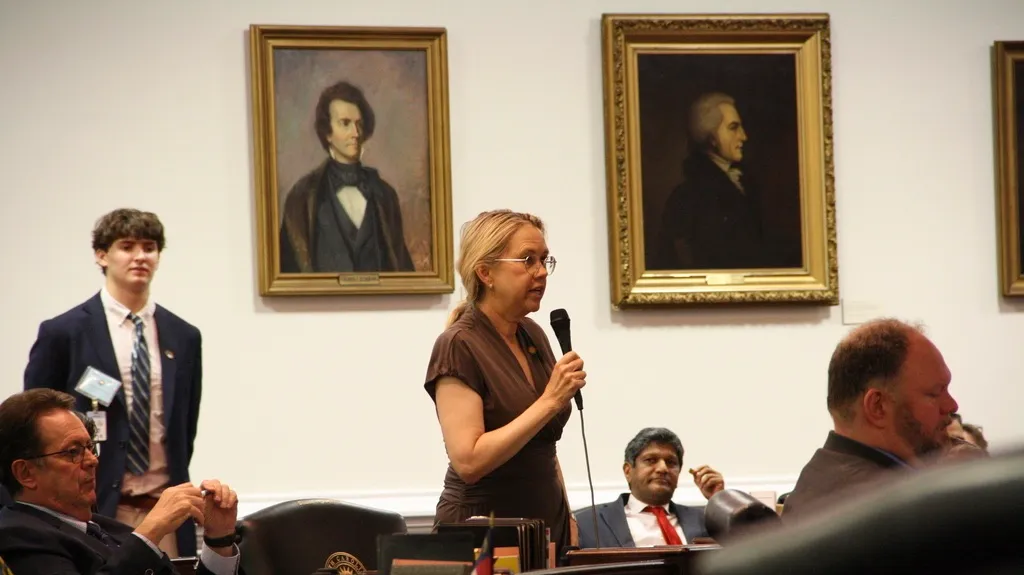October 1, 2011
Gay Pride March Banned in Serbia
Kilian Melloy READ TIME: 2 MIN.
Serbian authorities have banned a gay pride march and an anti-gay protest planned in the nation's capital this weekend to avoid violence.
When two similar events occurred side by side in Serbia's capital last year, about 100 people were injured, cars were burned and shops were looted in clashes between police and the anti-gay, far-right extremists.
So the gay pride march and the anti-gay protest planned in Belgrade on Sunday have been banned "to avoid bloodshed," Interior Minister Ivica Dacic said Friday.
Anti-gay prejudice is widespread in Serbia, a predominantly conservative Balkan country. The head of the Serbian Orthodox Church, Patriarch Irinej, has called gay pride marches a "parade of shame" that are "foreign to our history, tradition and culture."
But Serbia has been urged by the West to protect the human rights of gays and other minorities, if it wants to one day join the European Union.
On Friday, Serbia's President Boris Tadic backed the ban of Sunday's events, saying it was imposed to "prevent violence and the possible loss of lives."
Gay pride organizers said the ban represents a defeat for the state and shows that authorities have not cracked down on the far-right extremists since the clashes a year ago.
"It is totally unbelievable that police have not clamped down against the extremists," said Goran Miletic of the organizing committee. "We have spent four months preparing the gay pride march, and the authorities have done nothing."
But the ultranationalist Obraz, or Honor, group said that the ban presented a "victory for the Serb patriots."
Police said anti-gay extremists had planned to set buildings on fire in the suburbs of Belgrade on Sunday and to clash with police in the center of the capital.
Foreign diplomats had planned to attend the gay pride march in a show of support for human rights in Serbia.
Minister Dacic said the ban would prevent a possible repeat of the burning of U.S. and other Western embassies in the capital that occurred in 2008 during protests against Kosovo's declaration of independence.
___
Dusan Stojanovic contributed to this report.
Kilian Melloy serves as EDGE Media Network's Associate Arts Editor and Staff Contributor. His professional memberships include the National Lesbian & Gay Journalists Association, the Boston Online Film Critics Association, The Gay and Lesbian Entertainment Critics Association, and the Boston Theater Critics Association's Elliot Norton Awards Committee.


